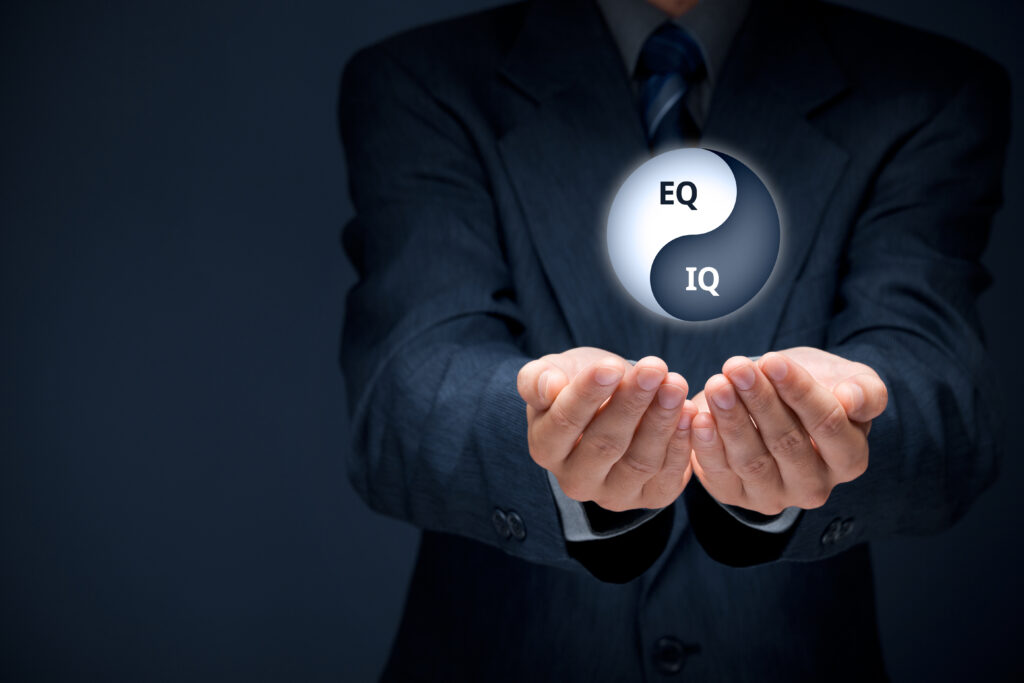
EXECUTIVE COACH
Executive coaching is a professional relationship between a trained coach and an executive or leader within an organization.
Goal: Enhance an individual’s leadership skills, personal effectiveness, and professional performance.
Areas Covered:
• Enhance leadership capabilities.
• Improve communication effectiveness.
• Develop skills to resolve conflicts.
• Enhance time management abilities.
• Improve decision-making processes.
• Develop emotional intelligence.
Overall Objectives:
• Help leaders reach their full potential.
• Improve leaders’ effectiveness.
• Drive positive change within themselves and their organizations.
• Enable executives to understand and manage their own emotions and the emotions of others.
• Build stronger relationships.
• Inspire and motivate teams.
• Navigate difficult situations with empathy and resilience.
• Foster self-awareness, self-regulation, social awareness, and relationship management.
Key Components:
• Helping a leader to identify his/her strengths and weaknesses.
• Set goals and develop strategies to overcome challenges and achieve objectives.
• Provide tailored support, guidance, and valuable feedback.
Techniques and Tools:
• Utilize various assessments to evaluate skills and areas for improvement.
• Use role-playing to practice and enhance skills.
• Establish clear goals for development.
• Create action plans to achieve goals.
Is it for me?
If you’re at a C-suite level, a leader of a team or an entrepreneur, this is for you




